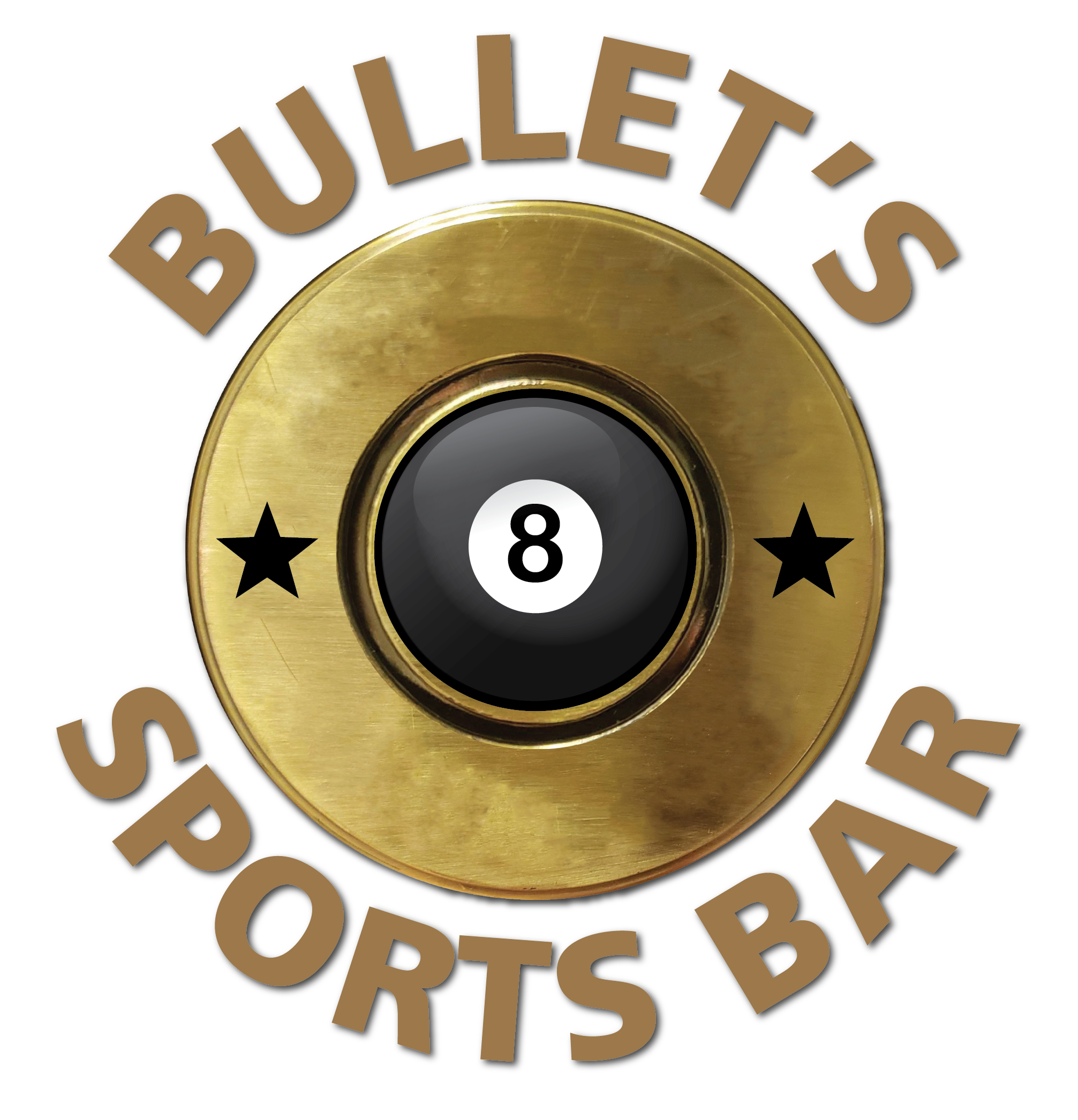League Playing Rules (Non-International Rules)
- The game
- The game shall be known as 8 Ball Pool and referred to in these rules as "The Game". It is intended that players and teams should play 8 Ball Pool in the true spirit of the game and in a sportsmanlike manner. It should be clearly understood that a referee is not a requirement of our league. If a team feels that a referee will be needed then the two teams are to nominate a referee. The referee is to be a home or away Captain or a nominated player. A referee may, only if requested, advise on the rules of the game and take whatever action is necessary to ensure that these rules are observed. If any Rule is unclear then please contact a committee member (numbers in front/back of this book) to clear the situation.
- Requirement Of The Game
- The game is played on a rectangular 6-pocket table covered with either a blue or green cloth, with 15 balls plus a cue ball. The balls comprise of two sets of 7 balls, one set yellow the other red and a single black ball also known as the 8 ball.
- If these requirements are not met the league will allow the venue 1 season to rectify any problems, if this is not achieved, the venue in question will not be allowed to enter the league.
- Object Of The Game
- The player or team pocketing all their group of object balls in any order, and then legally pocketing the black ball, wins the game.
- Before Commencement Of The Match
- Both captains must agree upon the state (e.g. levelness) of the pool table and balls to be used. If it is deemed to be inadequate, the home captain is responsible for having the table levelled/repaired or the balls replaced there and then, if this is not possible then the match is to be re-arranged for another date agreeable to both captains once the table has been repaired. Repairs to the table must be performed within two weeks of the original match date.
- Commencement Of The Game (Or Restart)
- The balls are racked with the black on the 8 ball spot, which is at the intersection of the centre and corner pockets.
- Order of play is determined by the toss of a coin. The winner of the toss has the option of breaking or requesting their opponent to do so.
- The opening player plays at the triangle of object balls by striking the cue ball from any position on, or behind, the baulk line. An object ball must be pocketed or at least four balls (one of which could be the white) must hit any cushion. Failure to do so is a foul break and will result in the balls being re-racked. The opposing player then starts the game with two visits.
- If the black is pocketed from the break shot then the balls will be re-racked and the same player will restart the game. No penalty will be incurred. This applies even if other balls, including the cue ball, are pocketed, or leave the playing surface.
- If no Colours are potted on the break the table is an "Open Table".
- If any colour is potted on the break the player then has the choice of colour and must verbally nominate to the referee / opponent of their choice of Colour before proceeding.
- Failure to do so is a “Foul”. If a player is fouled under this rule the opponent then has an "Open" table. If the player nominates a Colour that was potted on the break, the player remains that Colour no matter what happens next. If the player nominates a Colour that was not potted on the break, to be on that Colour the player must legally pot a ball of that Colour on the next shot. Failure to do so will result in the opponent having an open table. If a foul occurs when the object ball is potted then refer to rule 12.
- If no object ball is pocketed from a legal break, then the players continue alternatively playing at either group until such a time as a legal pot is made, which decides the player's group.
- If a foul is committed, (other than as in rule 10), and one or more object balls are pocketed before playing groups are decided, then those balls are ignored in determining the groups to be played. The oncoming player may play a free ball at the first visit then on their second visit they MUST NOMINATE a group before play continues.
- If a ball, or balls, are legally pocketed, this entitles the player to one additional shot and this continues until the player either fails to pocket one of their own group or commits a foul at any time.
- Combination shots are allowed, providing the player hits one of their own group first, or any ball with the first shot following any foul (see rule 38).
- Fouls
- In off (cue ball pocketed).
- Hitting an opponent’s ball(s) with the cue ball on first impact of the cue ball, except with the first shot following a foul.
- Failing to hit any ball with the cue ball.
- Hitting the black with the cue ball on first impact of the cue ball before all their own group are pocketed, except with the first shot following any foul.
- Potting an opponent’s ball, except with the first shot following any foul.
- Ball off table.
- Any object ball or the 8 ball (black), shall be returned to the 8 ball spot, or as near as possible to that spot without touching any other ball, in direct line between that spot and the centre of the Baulk line.
- If the cue ball, then the cue ball played from in hand (see rule 48).
- If a player's body or clothing should touch any ball. Except the cue ball after the referee calls a "foul", when the player is entitled to the cue ball in hand (see rule 48).
- Player not having at least part of one foot on the floor.
- Playing or touching with the cue any ball other than the cue ball.
- Striking the cue ball with any part of the cue other than the tip.
- Playing out of turn.
- Playing before all balls have come to rest.
- Playing before any ball(s) require re-spotting.
- Striking the cue ball with the cue more than once.
- Failure to nominate when balls of both groups are pocketed.
- Foul break, when four balls (one of which can be the white) fail to hit any cushion unless an object ball has been potted.
- Barracking during matches.
- Coaching from other players of the pool team during singles matches.
- In doubles, talking (coaching) between partners is allowed from the point balls stops moving at the end of a partner's turn (throughout the opponent's turn) until the cue ball is struck at the beginning of the other partner's turn. However, only the player in control is allowed to strike the cue ball.
- "Push shots" are NOT considered fouls however see "Touching Ball" in rule 46.
- “Jump Shots” are no longer permitted in the league unless judged to of not been deliberate, this is a request from pubs/clubs to prevent any damage to the pool table cloths.
- Penalty Following Any Foul.
- Following any foul committed by a player, their opponent has two consecutive visits to the table (i.e. two shots).
- If the cue ball has come to rest on the playing surface, then the player having two visits may proceed to play from where the cue ball lies, or the cue ball may be played from any position on or behind the baulk line (see rule 50). Moving the cue ball in this manner does not count as a shot, or visit. Players are advised to ask the referee to hand them the cue ball. The player may take their shot in any direction that results in a legal shot.
- On the first shot only of the first visit, the oncoming player may, without nomination, play the cue ball on to any ball without penalty, including any opponent's ball or black. If any object ball is pocketed directly or by combination, the player is deemed to have pocketed a legal ball (free ball) and continues with the first visit. However, the player must not pot the black, which would mean loss of game. Except if the player is on the black, then the game would be won. When the player fails to pot a ball on the first shot of the first visit, play then continues with the second visit on their object balls. The second visit is deemed to have started when the cue ball is struck on the first shot of the second visit.
- Loss Of Game.
- If a player pockets the black before all the balls in their own group, except on the break (see rule 9), the player loses the game.
- A player going in off the black when the black is pocketed loses the game.
- A player pocketing the black and any other ball on the same shot will lose the game. Except following a foul when only the black and ball(s) of the opponents group are on the table, then with the first shot of the first visit, the player may legally pocket the black as well as ball(s) of the opponent's group by any combination and in any order.
- A player who clearly fails to make any attempt to play a ball of his or her own group will lose the game.
- Deliberate Foul, i.e. deliberately playing a ball that is not "on" leads to loss of frame (e.g. deliberately potting an opponent’s ball to clear a pocket).
- "First" and "Final Warnings" will be given during a match to all players and spectators from a team who are coaching or barracking during the match. This will lead to loss of match.
- General.
- Touching ball. If the white ball is touching any other ball, the player MUST play a ball of their own group. Except on the first shot of the first visit following any foul, this entitles the player to play any ball.
- Touching any ball of their own colour, the player is legally entitled to play away from the touching ball, and be deemed to have played that ball. Should the cue ball fail to make contact with any ball or strike the opponent’s ball or the black, then the shot is legal.
- If the ball the white is touching moves, then a foul has been committed.
- Cue Ball In Hand. When a player has the cue ball in hand, the ball is played from any position on or behind, the baulk line in any direction.
- Player Is In Control. A player is said to be in control of the table from the time their body, cue, or clothing touches the table prior to their shot, throughout the visit, and up until the opponent does likewise prior to their visit. Any ball(s) which fall into pockets during this period, including the black, will be given as pocketed by the player in control.
- Completion Of Game. The game is completed when the 8 ball (black) is pocketed legally in any pocket, and all the remaining balls have come to rest, except on the break (see rule 9).
- Doubles
- In league matches, the doubles matches have to be played by 2 people.
- Stalemate.
- Should any situation arise whereby a legal shot is IMPOSSIBLE to play, then the game shall be restarted by the player who started that frame, whether this situation has been arrived at by accident or design and purely through legal means.
- If in the opinion of both captains neither player is allowing the game to progress, or a stalemate situation has arisen, then the game shall be restarted by the player who started the frame.
- The captains shall not allow numerous visits (in excess of 6 shots per player) with neither player making an attempt to make the opening pot which decides the playing groups or an attempt to progress the frame.
- If the player who started that frame did so by virtue of their opponent making a foul break, that player will break on any restart, not the opponent who made the foul break.








